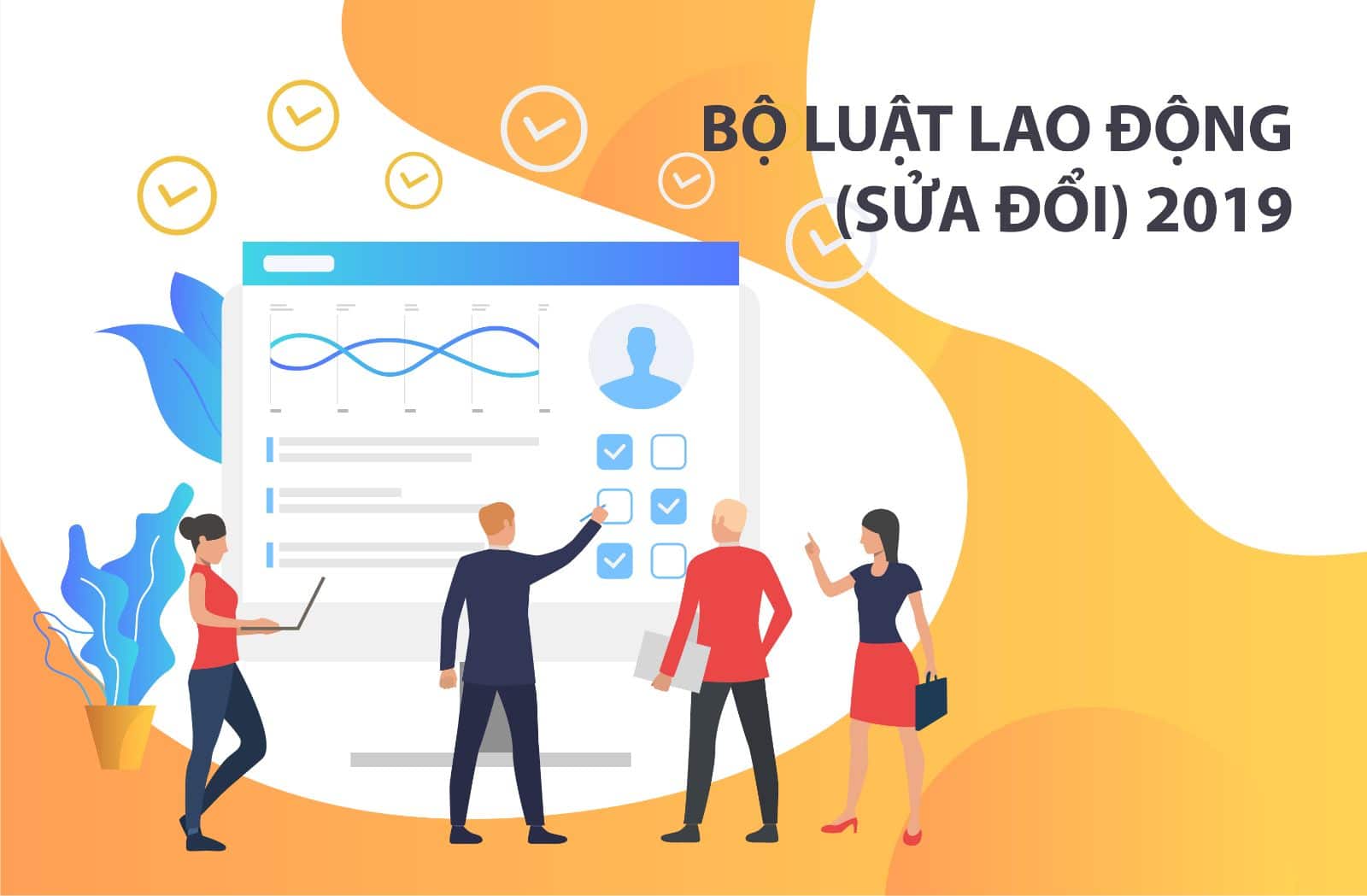
Sharing of expertise
Question 82: If Employees join a prize draw and win a prize in the enterprise’s year-end party or receive a gift in cash for their many years of service, do they have to pay PIT for the prize or gift mentioned above?
Prizes from a prize draw For the case of a prize draw, if Employees join a prize draw in the Employers’ year-end parties and win gifts or vouchers, these gifts will be considered the incomes from the prized games or contests or other prize-winning events which are held by economic organisations, administrative agencies, business units,…
Question 81: Employees must finalise PIT by themselves if in the tax year they earn incomes from 2 sources: (i) LCs; and (ii) contracts on other projects?
As prescribed by the law on PIT, for resident individuals who sign LCs of at least 3 months, Employers will make tax deductions as per the partially cumulative tariff, including the case where Employees sign LCs of at least 3 months with many Employers[1]. For resident individuals who do not sign LCs or sign LCs…
Question 80: Can Employees authorise Employers to finalise PIT on their behalf in the case where Employees earn current incomes from leasing their properties co-owned by the Employees’ spouses?
According to the law on PIT with respect to individuals who lease out properties (who earn incomes from leasing houses, premises etc.), the revenue of VND100 million/year and below to define those who are not required to pay value added tax and PIT is the total revenue arising from property-leasing contracts in the calendar year….
Question 79: Regarding monthly phone charges paid by Employers into Employees’ salaries, how is “the applicable fixed expenditure understood to be in line with the level of determining the income subject to CIT” in accordance with law?
Pursuant to the law on PIT, the fixed expenditure for stationery, business trips, telephones, costumes etc. which is higher than the current level prescribed by the State will be defined as income related to any salary, wage and subject to PIT. However, the fixed expenditure for the said items will not be included in the…
Question 78: Are Employers required to pay salaries for untaken annual leave days during Employees’ unpaid leave?
Pursuant to the labour law, the time of unpaid leave that obtains Employers’ consent but accumulates for no more than one month will be considered the working time of any Employee to calculate the number of annual days off[1]. Accordingly, this period is construed to be the time of unpaid leave that Employers have previously…
Question 77: May Employees buy shares issued by Employers by deducting their share purchase amount from their monthly salary?
Pursuant to the Labor Code, Employers are only entitled to deduct Employees’ salaries to compensate for any damage caused by them to Employers’ equipment and tools[1]. In addition, the Labor Code does not stipulate any other cases where Employers are entitled to deduct from Employees’ salaries. Therefore, if Employees want to buy shares issued by…
Question 76: May Employers arrange compensatory leave instead of paying Employees overtime salaries for public holidays?
Overtime salary for public holidays Pursuant to the labour law, Employees are entitled to leave work for 10 days during the following holidays and New Year holidays[1]: (i) one day for Solar New Year (1 January); (ii) five days for Lunar New Year; (iii) one day for Victory Day (April 30th); (iv) one day for…
Question 75: May the probationary salary be lower than the area minimum wage applicable in the area where Employees work?
Currently, the Labor Code and the guiding documents do not have specific regulations as to whether the probationary salary paid to Employees may be lower than the area minimum wage. The Labor Code only stipulates that the probationary salary is agreed upon by the two parties but must be at least equal to 85% of…
Question 74: Do Employers have the right to postpone the first salary payment because Employees have not provided sufficient personal information as required by Employers?
Article 19.2 of the Labor Code stipulates that Employees must provide Employers with the information on their name, age, gender, place of residence, educational level, occupational skill level, health status and other matters directly related to the conclusion of LCs (“Personal Information”). Accordingly, the collection of Personal Information in accordance with the law is only…
Question 73: Does Employees have the right to request Employers to pay their salary by cheque?
Pursuant to the labour law, Employers and Employees may agree to choose one of the following forms of salary: (i) cash; or (ii) transfer via personal account of Employees opened at the bank[1]. On the other hand, according to the current foreign exchange law, cheques are defined as valuable papers drawn by any drawer who…
